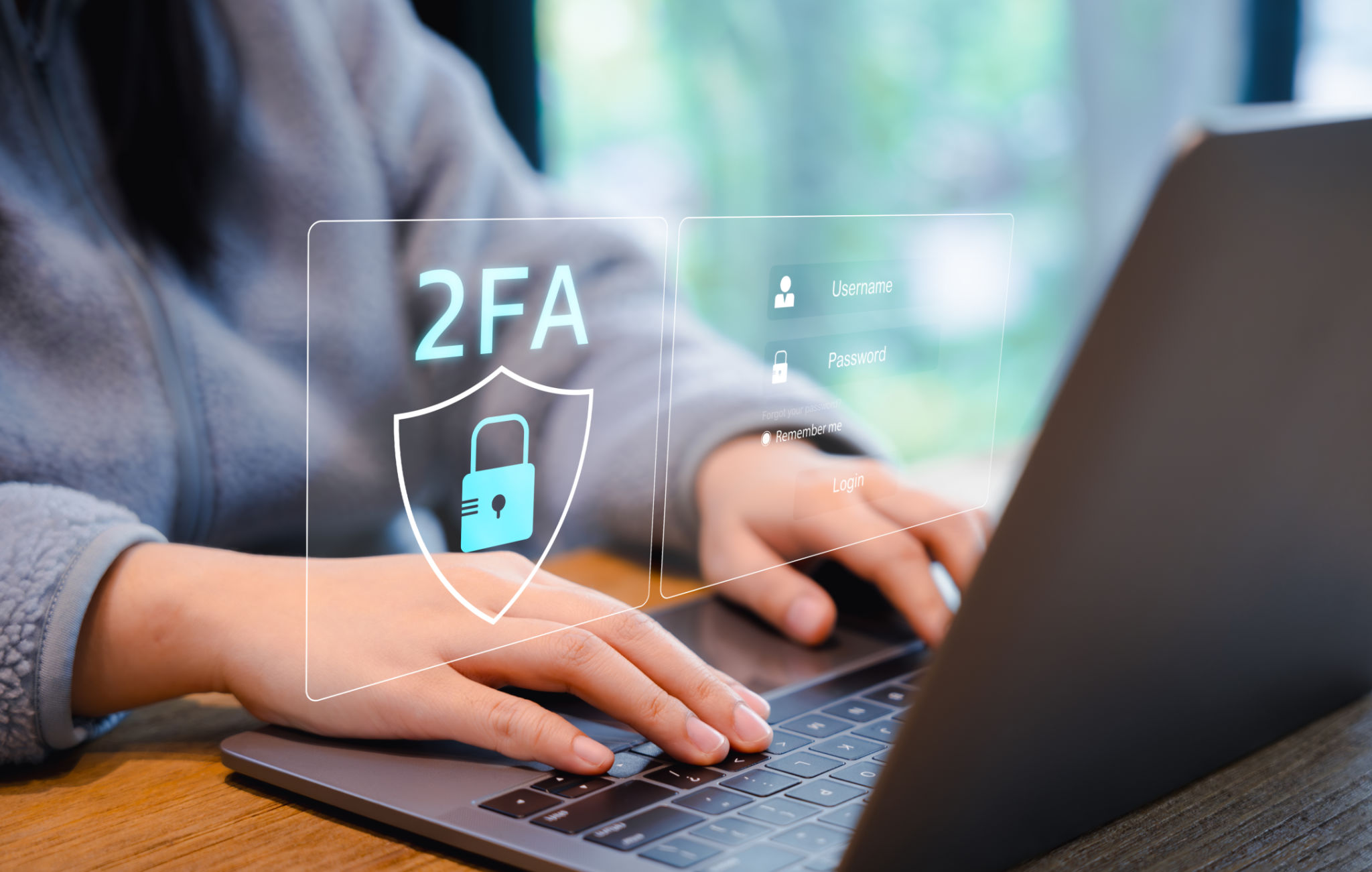DIY Tips for Basic Cybersecurity Measures at Small Businesses
Understanding the Importance of Cybersecurity
As a small business owner, you might think that your company is too minor to be a target for cybercriminals. Unfortunately, this is a common misconception. Cyberattacks on small businesses are on the rise, making it crucial to implement basic cybersecurity measures. By protecting your digital assets, you safeguard not only your business but also your customers’ trust.

Setting Up Strong Passwords
One of the simplest yet most effective ways to enhance your cybersecurity is by setting up strong passwords. Avoid using common words or sequences like "password123" or "admin." Instead, create complex passwords that are at least 12 characters long, combining uppercase and lowercase letters, numbers, and symbols.
Consider using a password manager to generate and store passwords securely. This tool can help ensure you're not reusing passwords across different accounts, which is a common vulnerability exploited by hackers.
Implementing Two-Factor Authentication
Two-factor authentication (2FA) adds an extra layer of security by requiring a second form of verification beyond your password. This could be a text message, an email, or an app-generated code. By enabling 2FA, you make it significantly more difficult for unauthorized users to access your accounts, even if they have your password.
Many online services provide options for 2FA, and it's advisable to enable this feature wherever possible to enhance your business's security posture.

Regularly Updating Software
Keeping your software up to date is crucial in defending against cyber threats. Software updates often include patches for security vulnerabilities that hackers can exploit. Ensure that all operating systems, applications, and antivirus programs are set to update automatically.
Additionally, conduct regular audits of the software used within your organization to identify any outdated or unsupported applications that may pose security risks.
Educating Employees About Cybersecurity
Your employees are the first line of defense against cyber threats. Conduct regular training sessions to educate them about best practices and the latest cybersecurity threats. Topics should include recognizing phishing emails, safe internet browsing habits, and proper data handling procedures.
Encourage a culture of vigilance where employees feel comfortable reporting suspicious activities without fear of reprimand.

Backing Up Data Regularly
Data loss can occur due to cyberattacks as well as other unforeseen events like hardware failures or natural disasters. Implement a robust data backup strategy to ensure business continuity. Regularly back up your data to an external hard drive or cloud storage solution.
It's important to test these backups periodically to verify their integrity and ensure that they can be restored quickly if needed.
Securing Your Wi-Fi Network
Your business's Wi-Fi network can be an entry point for cybercriminals if not properly secured. Change the default router password and SSID (network name) to something unique. Enable WPA3 encryption for your network and consider hiding your SSID from public view.
For added security, set up a separate guest network for visitors that is isolated from your main business network.

Staying Vigilant
Cybersecurity is not a one-time effort but an ongoing process. Regularly review and update your security measures as new threats emerge. Staying informed about the latest cybersecurity trends and threats will help you protect your small business effectively.
By implementing these basic DIY cybersecurity measures, you can significantly reduce the risk of cyberattacks and safeguard your business's digital assets.
